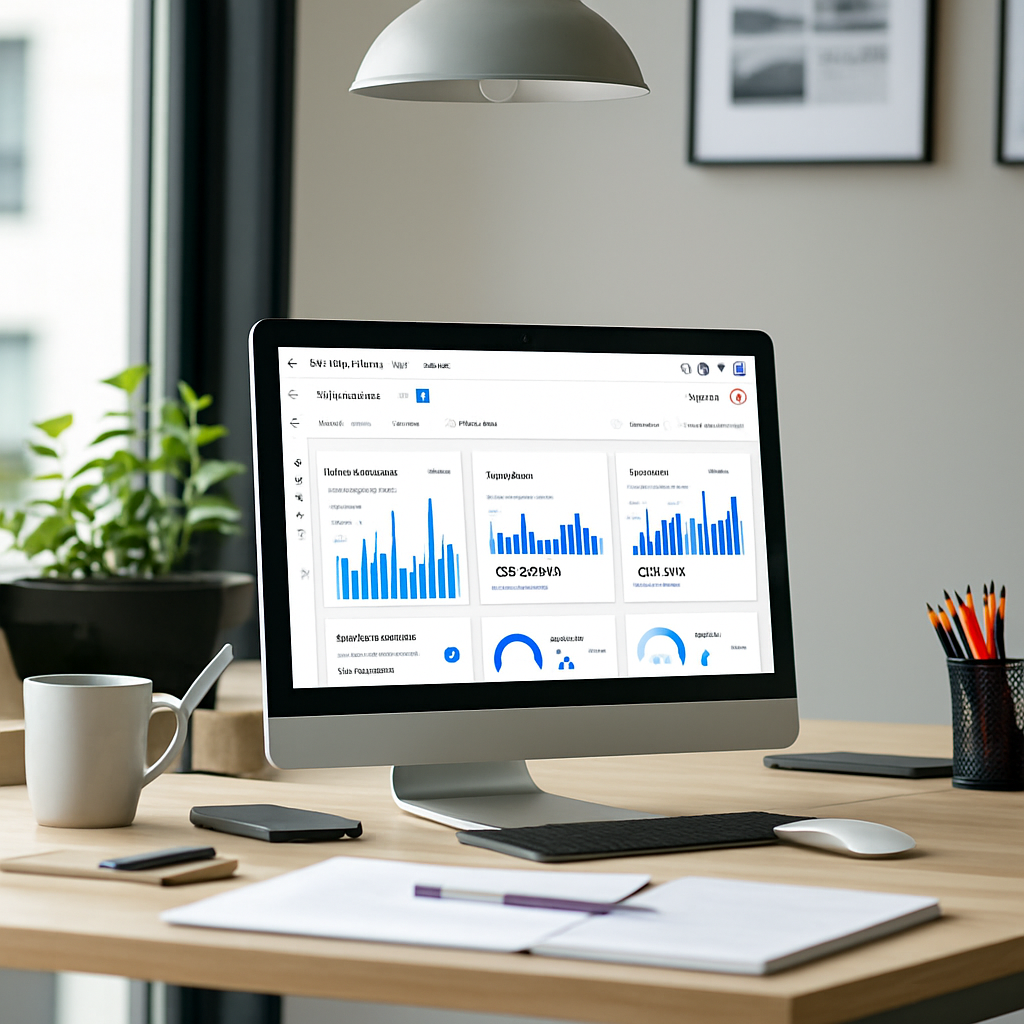Google Ads API v20: Key Enhancements
Google Ads API v20 introduces updates that improve campaign management and performance optimization. Significant changes include enhanced negative keyword controls, expanded DemandGen campaign features, new resource types, and performance improvements aimed at simplifying workflows for advertisers and developers.

Negative Keyword Management Improvements
The update offers more precise control over negative keywords, allowing advertisers to exclude irrelevant search terms more effectively. Notably, campaign-level negative keywords can now be applied to Performance Max campaigns, reducing wasted spend while maintaining broad reach. This refinement helps ensure ads appear only for relevant queries, increasing campaign efficiency without sacrificing exposure.
DemandGen Campaign Upgrades
DemandGen campaigns benefit from expanded targeting options and improved reporting. Performance data is now segmented by individual Google platforms such as YouTube, Gmail, Discover, and Maps, replacing the previous aggregated “Google Owned Networks” category. This granularity enables marketers to identify which channels drive engagement and adjust strategies accordingly. Enhanced measurement features, including platform comparable conversions, improve attribution accuracy across devices and channels. The API also supports more flexible campaign configurations, allowing marketers to experiment with creative assets and audience signals with less manual effort.
New Resource Types and Performance Enhancements
Google Ads API v20 introduces new resource types that provide deeper data access and support more sophisticated automation and integrations. Features like YouTube Select Lineups insights and reach forecasting based on first-party user lists (available to allowlisted accounts) offer advanced audience analysis and planning tools. Additional improvements include enhanced device segmentation, more detailed video metrics, and sub-country location filtering. Performance optimizations reduce latency and increase reliability, enabling faster updates and smoother interactions for users.
User Experience and Usability
The update balances advanced functionality with ease of use. The API is more intuitive, helping advertisers and developers manage campaigns efficiently while accessing powerful features. Enhanced negative keyword controls and detailed DemandGen insights allow for more targeted and effective campaigns. Developers gain tools to build smarter, more responsive advertising solutions, supporting quicker adaptation to audience behavior and market conditions.
Frequently Asked Questions
How does improved negative keyword management enhance campaign efficiency?
Negative keywords can now be applied within Performance Max campaigns, allowing for more precise exclusion of irrelevant search terms. This reduces wasted spend and ensures ads target relevant queries, which is especially beneficial for large or complex campaigns.
What impact do DemandGen upgrades have on targeting and reporting?
Performance data is broken down by individual Google platforms, enabling marketers to pinpoint where campaigns perform best. Enhanced measurement features improve attribution accuracy across devices and channels, helping refine strategies.
How do new resource types affect developer workflows?
They provide deeper access to campaign data and support advanced automation and integrations. Features like YouTube Select Lineups insights and reach forecasting enable more precise audience analysis and campaign planning. Performance improvements also speed up data retrieval and increase reliability.
How does the update balance complexity with usability?
Google has made the API more intuitive without sacrificing advanced features. This combination allows users to create targeted, efficient campaigns while simplifying technical management, facilitating quicker responses to changing audience behaviors.
Summary
Google Ads API v20 enhances campaign precision and efficiency through improved negative keyword controls, expanded DemandGen capabilities, new resource types, and performance optimizations. These updates streamline workflows, deepen insights, and support smarter automation, enabling advertisers and developers to manage campaigns more effectively and adapt to evolving business goals.
For more details, read the original article on Search Engine Land. As noted by the author, “The new version allows advertisers to add negative keywords at the campaign and ad group levels more efficiently,” highlighting the practical benefits of these updates.













.png)

